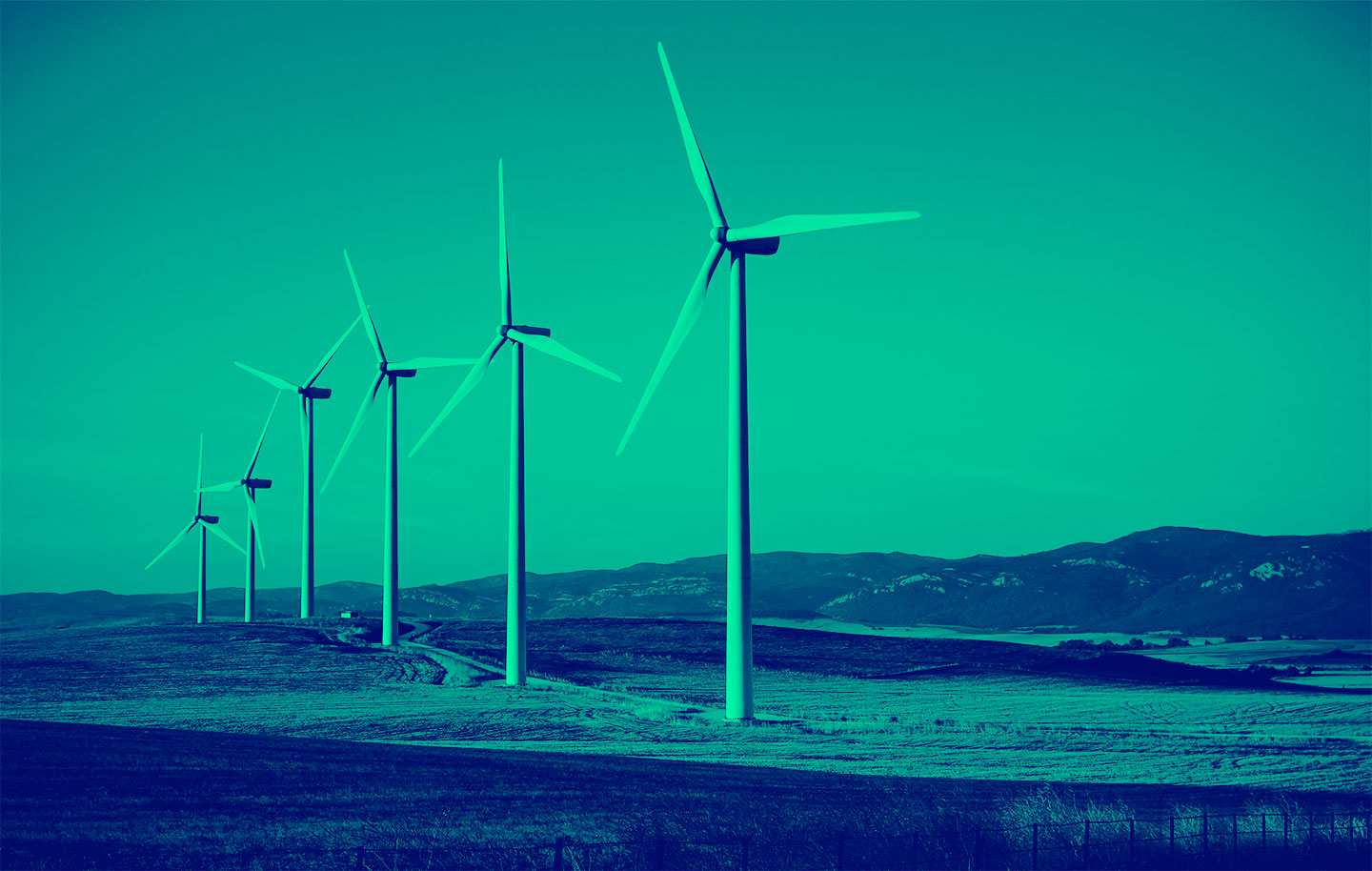
- This event has passed.
Zero Emissions Solutions Conference
November 1, 2021 @ 8:00 am - November 5, 2021 @ 1:30 pm
Free
The Zero Emissions Solutions Conference (ZESC) is a direct follow-up to key commitments in the Paris Agreement. In the Paris Agreement, every country is responsible for producing a Nationally Determined Contribution (NDC) for the period to 2030 as well as a Low-Emission Development Strategy (LEDS) to 2050 (Article 4, paragraph 19).
As of spring 2021, more than 100 countries have made net zero emissions commitments. In this context, the main objective of ZESC is to support governments in the implementation of their net-zero commitments, as well as their Paris Agreement NDCs and LEDS. By bringing together technical experts, world-leading scientists and engineers, business leaders, academia, and civil society for inclusive conversations focused on solutions to turn ambition into action over the next decade, ZESC will help disseminate the solutions and tools – from technical, science, academic, and business perspectives – that countries and cities need in order to meet their ambitious climate goals. In this regard, ZESC will be aimed at problem solving, brainstorming, and global co-creation, without the pressures of inter-governmental negotiations or formal agreements. The goal will be to share knowledge, exchange information, identify bottlenecks, discuss best practices, prioritize future research, and provide signals to policymakers.
Following several successful iterations of the ZESC predecessor, the Low-Emission Solutions Conference, at COP22, COP23, COP24 and COP 25, the Conference continues into its fifth year as a virtual event alongside COP26 in Glasgow, Scotland with the aim of bringing together different sectors and stakeholders to maximize international commitments to climate action in the wake of the Paris Agreement and aid in implementation.
According to the International Monetary Fund, global gross domestic product decreased by 4.4%, or about $4 trillion in 2020 – the worst drop since the Great Depression – as the world struggled with the COVID-19 pandemic. In 2021, most countries are still in recessions and most are still struggling with high unemployment rates. Thus, the need for economic recovery is clear.
In the wake of the 2008 financial crisis, economic recovery directed resources to carbon intensive economic activity, increasing emissions, demonstrating that without strategic action in the public and private sectors, economic recovery can come at the cost of climate action. In 2021, it is crucial for economic recovery efforts to direct resources to economic activity that pursues decarbonization at the same time in order to achieve the goals of the Paris Agreement. This program hopes to inspire such investments by highlighting key technologies, solutions, policies and strategies to economy-wide decarbonization.
A dual economic recovery and climate action agenda is possible: the International Energy Agency’s Sustainable Recovery Plan pairs economic rejuvenation with keeping emissions below their 2019 peak. The European Union’s €672 billion EU Recovery Fund will devote 37% to climate. The recovery fund will also ensure all investments are aligned with the Paris Agreement, and will devote €17.5 billion to a just transition fund. However, thus far the majority of economic recovery pledges have the potential to hurt and not help climate action and decarbonization efforts, according to Carbon Brief and Vivid Economics.
The global experience in 2008, and the current state of economic recovery plans, makes clear the need for supporting development of economic stimulus that advances the goals of the Paris Agreement. Additionally, pledges like the European Union’s to a just transition speaks to the need for strategic pathways that outline how stimulus might be invested, especially to achieve goals like a just transition.
The theme of the 2021 ZESC event will be: Key Climate Solutions for the Decade of Action.













